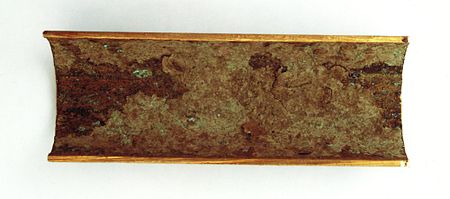
4 Common Types of Cooling Tower Fouling
Cooling tower system operation requires that a close eye be kept on performance in order to maintain cost and efficiency across the life cycle of the equipment. Heat exchanger fouling is a serious problem and can have a major impact on the performance of the systems if left unchecked.
This blog post is the start of a series of blogs which will focus on fouling of cooling towers. Over the coming weeks, we will cover the different types of fouling, potential causes for each type and specific monitoring methods you can use to prevent each fouling scenario.
What is cooling tower fouling?
Fouling can generally be defined as a buildup of material or deposits on the heat exchange surfaces that can degrade heat exchange performance. There can also be many different causes for this fouling based on the type of fouling that is occurring. While some foulants are ongoing and can be controlled through chemical or mechanical means, other types of fouling can occur as a result of a failure or singular event. Both chemical and mechanical methods can also be used for cleaning a system to restore performance.
Common types of fouling
As mentioned, there are several different general types of fouling and each will be broken out into its own post. These types of fouling to be discussed are:

- Precipitation Fouling or Scaling – These may typically be mineral based scales that form due to exceeding the saturation point of the scaling species.
- Microbiological Fouling or Biofouling – Microbiological fouling that may occur from poor or inadequate biocide feed and control.
- Particulate Fouling or Deposition (including corrosion products) – Suspended solids such as dirt or corrosion products that settle out in the cooling system.
- Hydrocarbon Fouling – Oil or other hydrocarbon foulants that enter a cooling system typically through an equipment failure event.
More to come!
Any of the types of fouling listed above can have serious repercussions on the efficiency of your cooling system. Stay tuned over the next few weeks as we tackle these topics and how you can diagnose and treat these issues. As always, contact QualiChem for more information on how we can help you with your cooling and boiler treatment needs.
Contact QualiChem for help with your fouling issues and chemical treatment needs.



